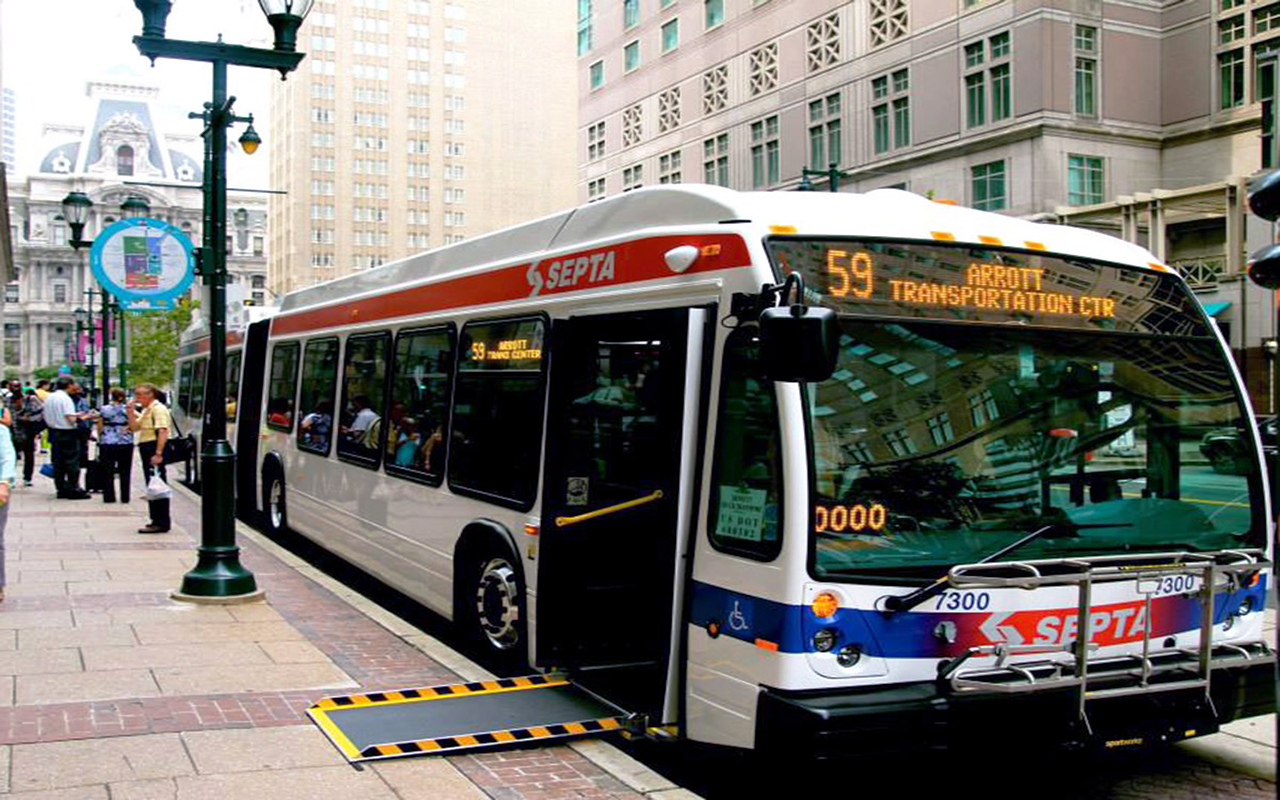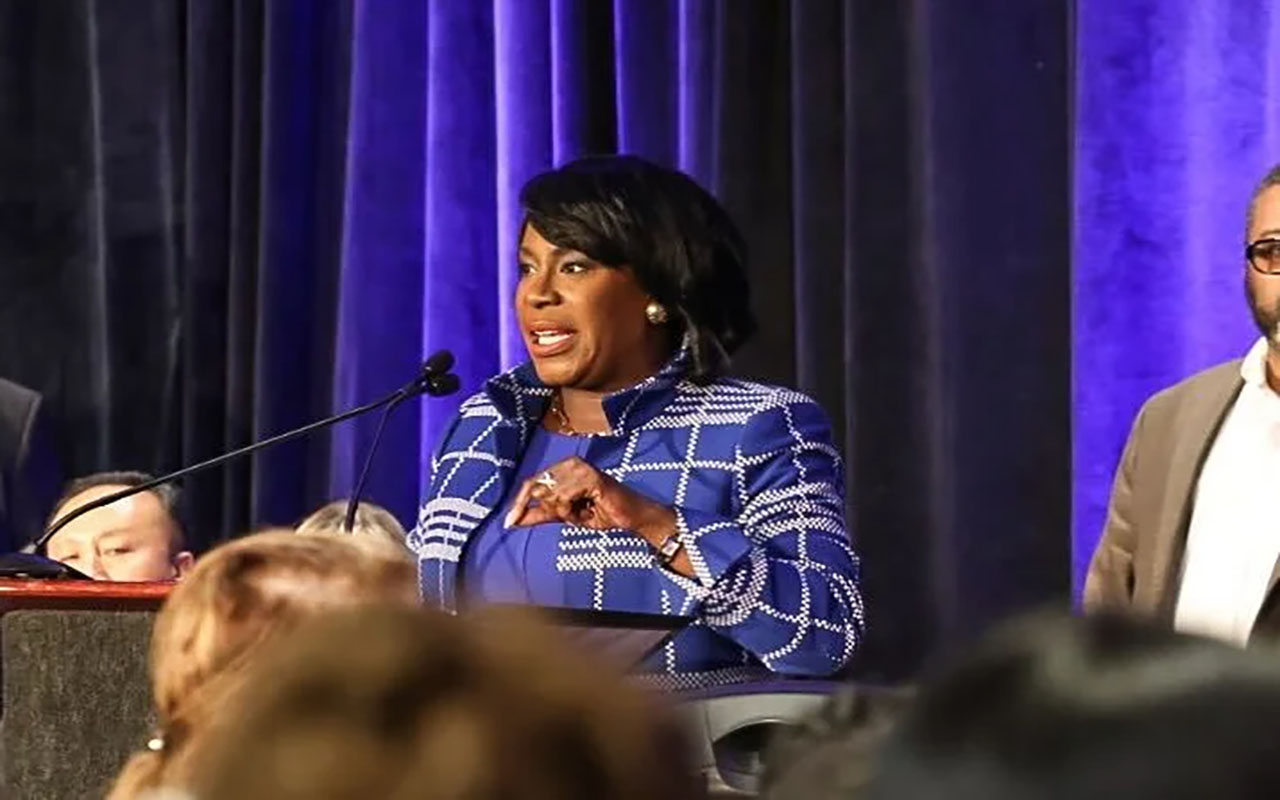Why retail is raising the minimum wage
It's not as simple as employees asking and employers giving.
Walmart, the largest private sector employer in the county, raised its minimum wage for workers earlier this week to $9 an hour, with a promise of $10 an hour by 2016 and pay increases up to $15 an hour for managers. Similar wage boosts were announced by Gap, Ikea, and the insurance company Aetna in recent months.
Why the sudden economic policy change? Are the employees' voices being heard? Has the national dialogue about minimum wage sunk in at corporate headquarters?
National Retail Federation President Matthew Shay said in a statement that the wage-raising wave from big companies like Walmart is just “another example of the power of the marketplace.”
But more evidence suggests that employees have caught on to which side the “power” stands in the marketplace. For starters, the national minimum wage right now holds the same adjusted value it did in the 1960s.
Beyond the moral implications, other companies have been aware of higher-wage benefits for a few years now. Costco pays its employees an average of $20 an hour ($50,000 annually) on the basis of its “1-and-3 theory” — that one “great” employee is as productive as three “good” employees. Trader Joe’s pays an average of $13.20 an hour with opportunities for a $2 raise every year.
And look at the difference in retention rates. Costco’s employee turnover is a mere 5 percent for employees who had been there more than a year, compared to the industry average of almost 44 percent.
The tightening labor market is another huge reason for the wage reassessment. For the first time in eight years, Walmart is seeing an employee exodus. The amount of Americans looking for work is at its lowest since 2007. The unemployment rate has dropped to 5.7 percent, and there’s ample research indicating that, despite the job market’s recovery since the ‘08 crash, worker incomes haven’t budged much. Meanwhile, stockholders have been making baron-like profits.
The Economic Policy Institute details the rising awareness of “disappointed living standards” among low-wage workers, and what it means for big business. The decline in unionization over the last several decades has “led to increases in wage inequality and a loss of bargaining power for workers.” In a certain sense, by preempting the cry for higher pay — even if not immediately bumping it to $15 an hour as requested— retailers like Walmart deter their employees from seeking union support.
Whatever the incentive, profit-sharing is a sprightly step forward for everyone, according to the EPI study:
“Reversing the deteriorating state of labor market standards and protections for low- and moderate-wage workers would be an ideal place to start rebuilding their ability to share in overall economic gains.”










LEAVE A COMMENT:
Join the discussion! Leave a comment.